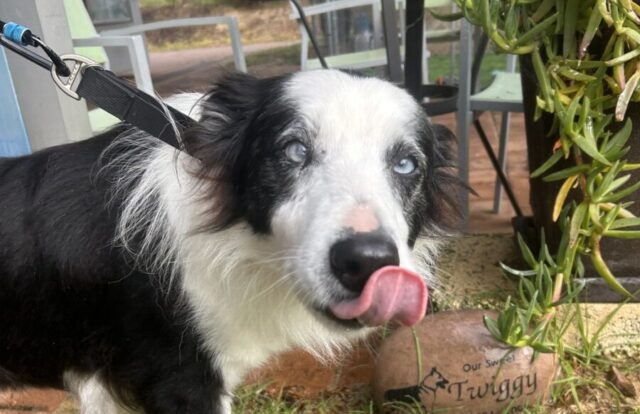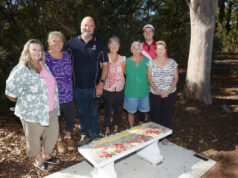Chocolate might be a treat for humans this Easter, but for pets, it can be deadly.
Royal Society for the Prevention of Cruelty to Animals (RSPCA WA) is warning pet owners to be extra careful after a spike in chocolate-related poisoning cases was recorded last Easter. Over just 14 days, the Animal Poisons Helpline saw a 94 percent jump in calls about animals eating chocolate compared to the rest of the year.
Most of the calls involved dogs, 93 percent to be exact. Cats made up 4 percent, followed by birds and rabbits. Among dogs, Labradors were the most common culprits, followed by miniature Dachshunds and Cavalier King Charles spaniels.
But it wasn’t just household pets getting into trouble. There were even calls about a cow and a pademelon eating chocolate.
RSPCA WA Lead Veterinarian Dr Mairi Joyce said even small amounts of chocolate can be dangerous.
“Just 50 grams of milk chocolate can be enough to poison a small dog,” she said.
“Darker chocolate is even worse, and sugar-free chocolates with xylitol are extremely toxic. They can cause a serious drop in blood sugar or even liver failure.”
Signs of poisoning include vomiting, diarrhoea, excessive thirst, restlessness, and in severe cases, tremors, seizures, or death.
But chocolate isn’t the only Easter danger.
Dr Joyce said hot cross buns, onions, fatty barbecue scraps, and cooked bones also pose serious risks.
“Cooked bones can splinter and cause blockages or tears in your pet’s stomach. Removing them can cost thousands in surgery.”
She also warned families to be mindful during Easter egg hunts.
“Pets often find hidden chocolate eggs before the kids do. Or people forget where they’ve hidden them. Always count your eggs and keep pets indoors during the hunt.”
If you think your pet may have eaten something toxic, contact your vet or call the Animal Poisons Helpline on 1300 869 738 straight away.














